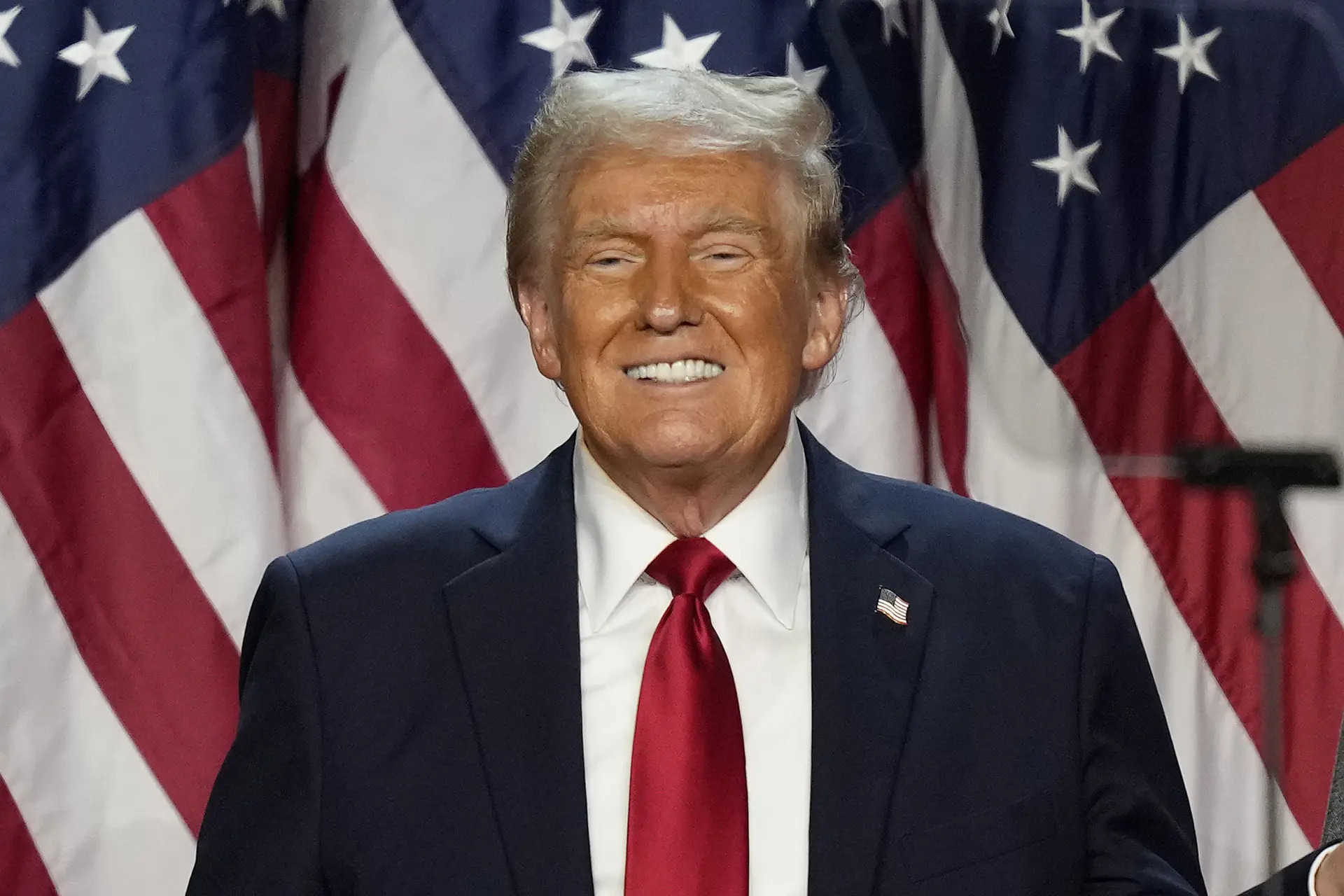Trump's Unexpected China Pivot: No Tariffs, Just Talks?
Get ready for a major shift in US-China relations! Forget the trade war rhetoric; it seems President Trump is taking a surprisingly different approach. Instead of slapping China with hefty tariffs on day one, he's opting for a more diplomatic route, sending shockwaves through the markets. This strategic maneuver has sent US equity futures soaring and the dollar tumbling. But what does this mean for the global economy, and is this a genuine change of heart or just a strategic pause? Let's dive into the details.
The Surprise Shift: From Trade War to Trade Talks
The initial reactions to Trump's decision to hold off on China-specific tariffs were swift and dramatic. The financial markets, bracing for another trade battle, instead witnessed a surge in optimism. This pivot marks a surprising departure from Trump's previous hardline stance against China, leaving many wondering about the implications for businesses and consumers alike. Experts are closely examining the implications of this abrupt shift in policy.
What Led to This Change?
The reasons behind this change in approach are multifaceted and open to interpretation. However, certain factors such as the need to improve the national mood as the Presidential Election approaches, the internal political and social landscape within the U.S., and even the growing realization of the negative effects of widespread tariffs across industries could have influenced Trump's decision. The absence of immediate action against China has led to speculation of a significant policy rethink in trade and economics by the Trump Administration.
Impact on Markets and Businesses
The markets reacted positively to Trump's decision, demonstrating the immense significance of easing trade tensions. It provided much needed stability, showing how volatile the markets could get when trade tension escalates. For businesses dependent on smooth trade relations with China, the delay of impending tariffs removes immediate threats, allowing more time to negotiate or readjust accordingly. But beneath this immediate relief lies a sense of uncertainty for businesses, prompting them to adjust accordingly or stay cautiously optimistic. Further detailed investigation is necessary to fully unpack the potential consequences for industry players.
Trump's New Approach: Studying Trade Relationships
Trump's strategy of focusing on analyzing current trade deals is generating quite a stir in policy circles. Instead of imposing fresh tariffs immediately, his administration plans to scrutinize existing relationships with several key economic partners, including China, Canada, and Mexico. By forming an in-depth, expert review of the efficacy and fairness of the current systems in place, the White House could well initiate targeted changes as necessary. This approach hints towards a new emphasis on strategic assessment rather than immediate trade conflicts. This move allows more strategic maneuvering for Trump, giving him the space to navigate trade relations more efficiently and according to his vision and objectives.
The Review Process: What to Expect
The administration is set to launch an extensive study of US trade policies, consulting industry leaders and relevant stakeholders for critical input to guide future decision-making. Experts across economics and international trade have diverse views on what exactly Trump hopes to accomplish, and how the study results might shape the new policy. This comprehensive evaluation could shape the next wave of adjustments to US trade policy with implications that will undoubtedly reshape global trade interactions in the months to come.
Long-term Implications of the Trade Review
The study of trade relationships, and the consequent policy changes it suggests, carries long-term implications for global trade. This in-depth evaluation will determine the structure and tone of US-China economic relations, which impact far beyond the two nations involved. A constructive, forward-thinking assessment, however, could improve the stability and fairness of global trade frameworks. Further studies and examinations may lead to insights into the success and effectiveness of the new approaches undertaken by the White House. The future trajectory of the trade review is still uncertain. Nevertheless, experts foresee long-term impact.
A Calculated Move or a Genuine Shift?
Is Trump's decision a strategic retreat, a temporary reprieve, or a genuine shift in his overall stance on China? This question has ignited heated debate among experts. Analysts are scrambling to unravel the president’s real intentions. The choice of whether to embark on a new era of trade talks and engagements, or simply a short pause for political maneuverability, has sparked many discussions. Regardless of intent, this strategy carries profound repercussions that impact nations and businesses alike.
Parsing Trump's Motives: The Political Dimension
Political strategies always play a major role in Trump's trade negotiations. His pivot to engagement instead of outright confrontation could potentially reflect his re-election priorities or strategic planning. A diplomatic approach could potentially better fit certain sectors and markets in terms of political economy and market dynamics.
Economic Considerations
Economic considerations certainly influenced his decision. Trade protectionism, and resultant tariffs, rarely result in universally favorable outcomes for consumers, businesses, and society at large. Some studies indicated that the negative impact of protectionist strategies can exceed its expected outcomes.
Take Away Points
- Trump's decision to delay tariffs on China has sent shockwaves through financial markets.
- The new administration is initiating an analysis of US trade relations with China, Canada, and Mexico.
- This strategic shift raises important questions about the direction of US-China relations and global trade.
- Experts continue to speculate on whether this marks a temporary reprieve or a profound change in trade policy.
- The study and resulting new policies will significantly affect business and commerce worldwide, highlighting the profound global impact of decisions concerning trade and tariffs.




